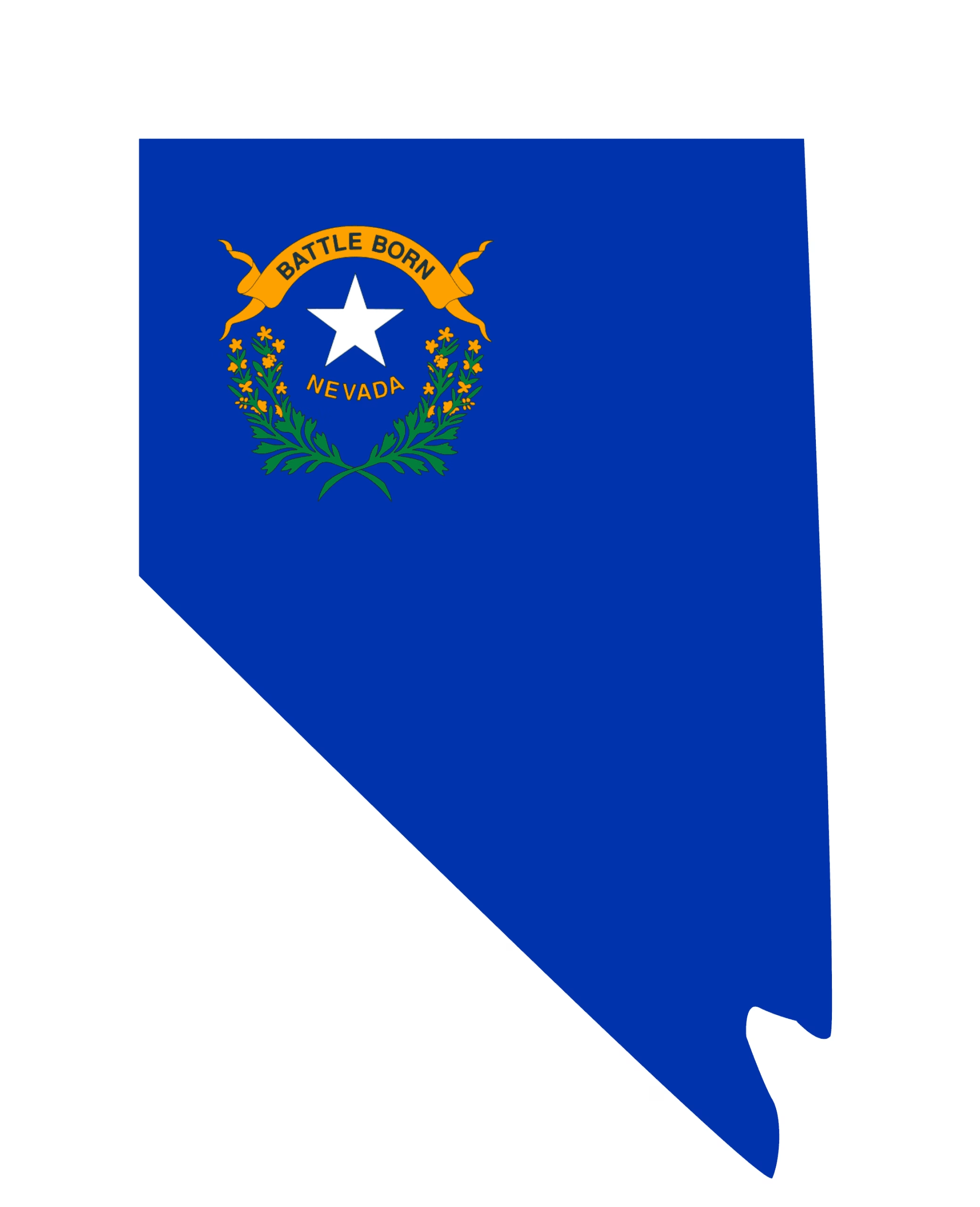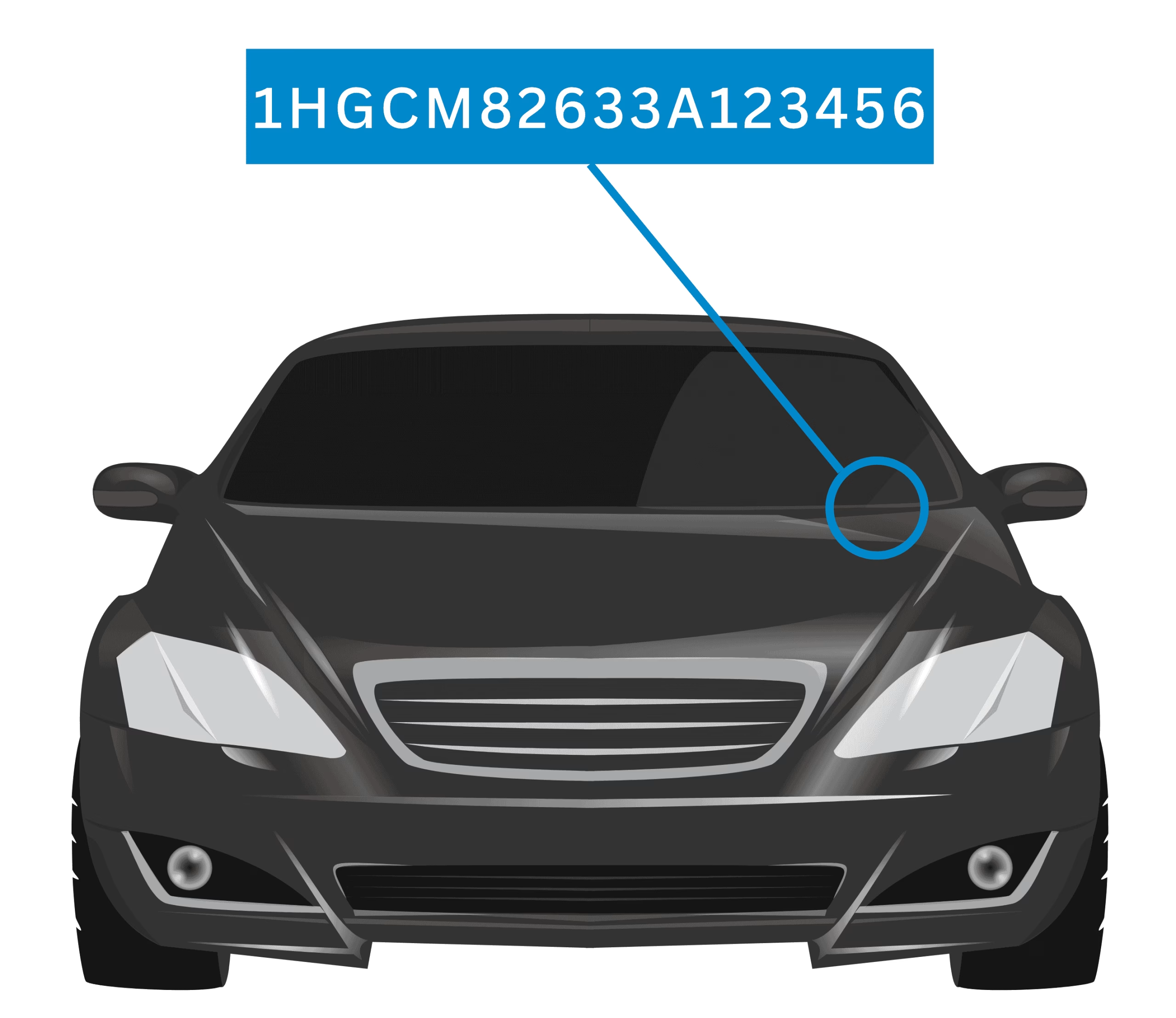Free Nevada VIN Check

Nevada’s thriving used car market from Las Vegas to Reno offers exciting deals, but knowing a vehicle’s history is crucial before making a purchase. Some cars sold in the state aren’t even allowed in the left lane; something a Nevada VIN check may easily expose.
Dig into a Nevada VIN search and you might just dodge a salvage scam or catch odometer lies. At VinCheck.info, we use trusted data from official U.S. government and industry sources to deliver free vehicle history reports—no strings attached.
Check your Nevada VIN now and hit the road with peace of mind.
Nevada VIN Check: Why It Matters
Before that shiny ride becomes your next regret, check a Nevada VIN and let the history spill titles, troubles, and all the truth under the hood.
- Detects Odometer Fraud – Flags mileage rollbacks and discrepancies that may signal tampering or hidden wear and tear.
- Checks for Open Recalls – Alerts you to unresolved safety recalls that could affect the car’s performance or safety.
- Verifies Vehicle Specifications – Confirms make, model, trim, engine type, and other key specs to prevent misrepresentation and future troubles.
- Supports Insurance and Registration – Ensures accurate info is provided for quotes, policy underwriting, and DMV paperwork.
- Protects Against Stolen Vehicles – Cross-checks theft databases to make sure the vehicle isn’t flagged as stolen.
- Helpful for Private Sales – Builds trust in peer-to-peer transactions by offering a transparent view of the car’s past.
- Required for Some Financing and Trade-ins – Lenders and dealerships may request a VIN history before approving loans or appraisals.
Quick VIN Decoding Guide for Car Buyers
A Vehicle Identification Number (VIN) is a 17-character code that reveals key vehicle details. While the exact format may vary slightly by manufacturer and country, here is the general structure most vehicles follow:

Where to Find the VIN Number

The Vehicle Identification Number (VIN) is a unique 17-character code used to identify a specific vehicle. You can usually find the VIN in the following key locations:
- Driver’s Side Dashboard: Look through the windshield from outside the car—it’s typically stamped on a metal plate at the base of the dashboard.
- Driver’s Side Door Jamb: Open the door and check the sticker or plate near the door latch area.
- Vehicle Documents: The VIN also appears on the car’s title, registration card, insurance policy, and sometimes on service records.
Double-check all sources to ensure they match. Mismatched VINs can be a red flag for title fraud or tampering.
How to Perform a Free Nevada VIN Check Online
Checking a vehicle’s history in Nevada is simple if you follow these steps:
- Go to VinCheck.info
Visit www.vincheck.info using any device with internet access. - Enter the VIN
Locate the vehicle’s 17-digit VIN (usually found on the dashboard, driver’s side door, or vehicle document). Type it into the search box on the page. - Start the Free VIN Check
Click the “Check VIN” button. The system will begin scanning public and private databases for records tied to that VIN. - Review the Report
In just seconds, you’ll receive a free Nevada car report that may include a variety of useful details, depending on what’s available. This may include a quick summary of the vehicle, its current market value, and a breakdown of the specifications and equipment.
What Information Can You Get in an NV VIN Check?
A Nevada VIN lookup offers a comprehensive snapshot of a vehicle’s background and condition, and it typically covers the following in a full NV VIN report:
| Market Value | Estimated fair market value based on similar listings, current trends, mileage, and condition. |
| Vehicle Specifications | Factory specs including make, model, engine type, drivetrain, body style, and more. |
| Equipment Details | Installed features and optional packages as originally configured by the manufacturer. |
| Fuel Efficiency | Official EPA ratings for city, highway, and combined MPG to estimate fuel costs. |
| Safety Rating | Crash test ratings from trusted sources like NHTSA and IIHS-HLDI to gauge vehicle safety. |
| Inspection Checklist | A recommended list of items to check before purchase—tires, brakes, fluids, lights, and more. |
| Recalls & Defects | Any manufacturer-issued recalls or known defects that could affect performance or safety. |
| Current Warranty | Details on factory or extended warranties that may still apply to the vehicle. |
| Auto Insurance | Estimated insurance cost range based on vehicle risk factors and history. |
| Title History Report | State-reported title status (e.g., clean, salvage, rebuilt) and brand history in Nevada and beyond. |
Common Red Flags to Watch Out For
When reviewing a VIN check report in Nevada, be alert for the following warning signs:
- Title discrepancies – Missing or mismatched title info may signal salvage, theft, or rebuild.
- Major damage history – Past total loss or structural damage can impact safety and value.
- Odometer fraud – Mileage rollbacks or mismatches often suggest tampering.
- Multi-state transfers – Quick changes across states may indicate title washing.
- Salvage auction records – Past auction listings may hide poor repairs or severe damage.
- Lien or loan status – Active liens mean the seller doesn’t fully own the vehicle.
- Theft recovery – Recovered stolen vehicles may have lingering problems.
- Rental or fleet use – Ex-fleet cars often show excessive wear and tear.
- Airbag deployment – Deployed airbags hint at a past major collision.
Trusted Sources Powering Your Nevada VIN Check
A Nevada VIN check pulls from top official databases to give you accurate, up-to-date vehicle info:
- Nevada DMV – Title history, registration, and odometer records.
- NMVTIS – Nationwide title brands (salvage, flood, junk, etc.).
- NICB – Theft, salvage, and insurance claim data.
- NHTSA – Open recalls and safety defect reports.
- Manufacturer & Industry Sources – Vehicle specs like engine and trim.
- Auction & Dealer Records – Past sales, fleet use, and possible damage.
With these sources combined, you get a reliable, full-scope vehicle history to make informed choices.
FAQs About Nevada VIN Checks
Is Nevada VIN check legal and free?
Yes, a Nevada VIN check is legal and can be done for free using reputable tools like VinCheck.info, which follow the Driver’s Privacy Protection Act (DPPA). Free reports provide public data such as title issues, theft, or accidents, but paid VIN checks often include more detailed, verified information.
Why is a VIN check important before buying a used car in Nevada?
In Nevada, where vehicles may be exposed to extreme conditions and resold from out-of-state auctions, a VIN check adds an extra layer of protection; it helps you uncover hidden problems like salvage titles, flood damage, odometer fraud, and past accidents.
Can I request the VIN number from a seller in Nevada?
Yes, you can and should ask for the VIN from a Nevada seller before buying a vehicle. The VIN (Vehicle Identification Number) lets you check the car’s history, including title status, accidents, and theft records. Reputable sellers in Nevada will typically provide the VIN upfront to help you make an informed decision.
What should I do if the VIN on the vehicle doesn’t match the title?
If the VIN on the vehicle doesn’t match the title, do not proceed with the purchase—it may indicate title fraud, clerical errors, or vehicle tampering. Contact your local DMV immediately to verify the correct VIN and investigate any discrepancies. Always request a vehicle history report to ensure the car’s records are consistent and legitimate.
Can I use a VIN check to detect odometer fraud in Nevada?
Yes, a VIN check can help detect odometer fraud in Nevada by revealing mileage records from title transfers, inspections, and service history. Discrepancies between reported mileages can indicate possible tampering or rollback. Use a trusted VIN check service to review the vehicle’s history before buying.